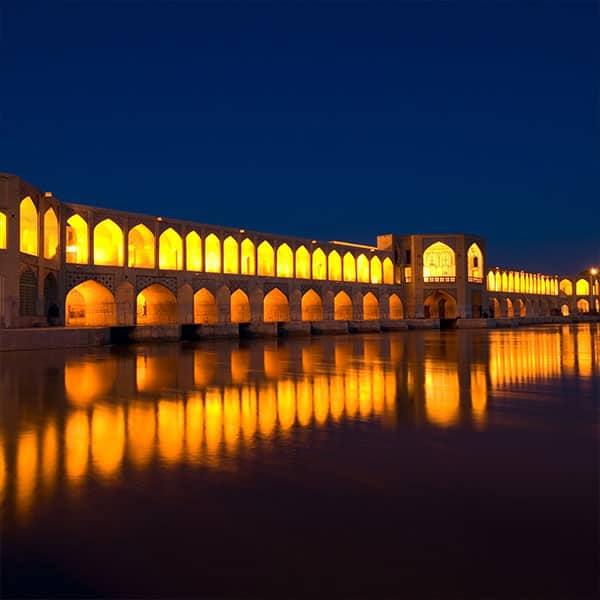


On 26 May 2022, Giuseppe Perrone, the Italian Ambassador in Tehran visited the 23rd Iran Health International Exhibition of Medical, Dental, Laboratory, and Pharmaceutical Equipment. This exhibition is one of the most important trade-based events in the field of health in Iran and also in the Middle East.
The Italian Ambassador also mentioned that considering the good relationship between the two countries and the great interest the Italian companies have shown in participating in the Iranian medical equipment market, attending such events would help expand further relations between the two countries, not only in trade but also in science and investment.
Iranian companies will have remarkable opportunities in Italy in order to collaborate with knowledge-based companies in the field of medical and health equipment.
As highlighted by him, Iran and Italy are ready to plan for the joint production, as well as the investment of Italian companies in the field of medical and health equipment in Iran.
On 17 May, a meeting was held between Iranian Oil Minister, Javad Oji and Gnel Sanosyan, Armenian Minister of Territorial Administration and Infrastructure. According to Oji, as a result of this meeting, mutual agreements were reached between the parties on increasing gas exports, petrochemical products and comprehensive development. He also emphasized on Iran's readiness to swap natural gas from Turkmenistan to Armenia.
Armenia lacks enough hydrocarbon sources and relies on imports of fuel to fulfill its essential needs. The country has also long been dependent on a nuclear power plant built during the former Soviet Union to provide its required energy. On the other hand, there are some political differences between Armenia and its oil-rich neighbor on the west side, Azerbaijan and also its eastern neighbor, Turkey. Therefore, considering the rich resources of the country and its pleasant relationship with Armenia, Iran would be one of the best options from which the required energy could be exported.
In 2004, Tehran and Yerevan signed a 20-year gas and electricity barter contract, according to which Iran's exported gas will be consumed by power plants in Armenia, and in return, Iran will import electricity from Armenia. The country has been importing gas from Iran since mid-2009.
Mr. Oji has shown great hope that negotiations for gas swap from Turkmenistan to Armenia will soon achieve good results in this regard due to the high capacity of the country's gas network.
On 7 May, Ali Khandani, president of the Notaries’ Association, had an online meeting with David Ambrosiano, president of the Supreme Council of Notaries of France, during which the bilateral cooperation agreement between Iran and France was extended for another two years.
This agreement was first entered into in 2016 in order to strengthen the mutual relations between the two countries. According to this agreement, the Notaries’ Association of Iran and France will increase their collaboration especially on the technical knowledge to build a network for decreasing the use of paper documents and replacing the electronic ones instead. The two countries will also exchange ideas regarding regulatory changes, their experiences on informatics development and education.
In this meeting, Mr. Ambrosiano mentioned that considering the improvements of Iran regarding Corona virus, the Notaries’ Association of Iran, in cooperation with the Supreme Council of Notaries of France, would be able to hold an international conference in Tehran on the economic efficiency of notaries. This suggestion was highly-welcomed by his Iranian counterpart.
This international conference will be held with the purpose of highlighting the progress of the Iranian notary system and will also help Notaries’ Association of Iran to join the International Union of Notaries.
As reported by Tehran Times, in a recent meeting between the presidents of the two countries, various issues including the development of the North-South and Zangezur corridors were discussed.
As Iran is a natural transit route for the Republic of Azerbaijan, if certain political barriers are removed, this could create attractive economic opportunities. The North-South corridor as mentioned above, is the route along the Caspian Sea which could potentially connect Baku to the Persian Gulf. Azerbaijan has been very keen on development of this route in recent years and has offered to finance Astara-Rasht railway project. However, this finance agreement has been stalled due to certain, legal and political issues and international sanctions.
Zangezur Corridor refers to the route that could connect Azerbaijan’s newly liberated territories to the Iranian province of East Azerbaijan. According to the Tehran Times report: “a memorandum of understanding (MOU) was signed between Azerbaijan and Iran on the creation of new communication lines between Zangezur and East Azarbaijan Province in Iran and the Republic of Nakhchivan. Based on the mentioned MOU, four bridges, two asphalt routes, and two railway lines as well as communication and energy infrastructures will be constructed on the mentioned path.”
In addition to North-South and Zangezur corridors, the most natural transit way which could connect the Azerbaijani exclave of Nakhchivan to Baku, passes through Iran. This fact requires a revamp of road infrastructures in northwestern Iran.
Also, the most efficient transit route connecting Turkey to its ally Azerbaijan, passes through Iran, but due to certain political barriers, the majority of Turkey’s road trade with Azerbaijan is done via Georgia. A rethinking of geopolitical priorities, would provide attractive economic opportunities in northwestern Iran.